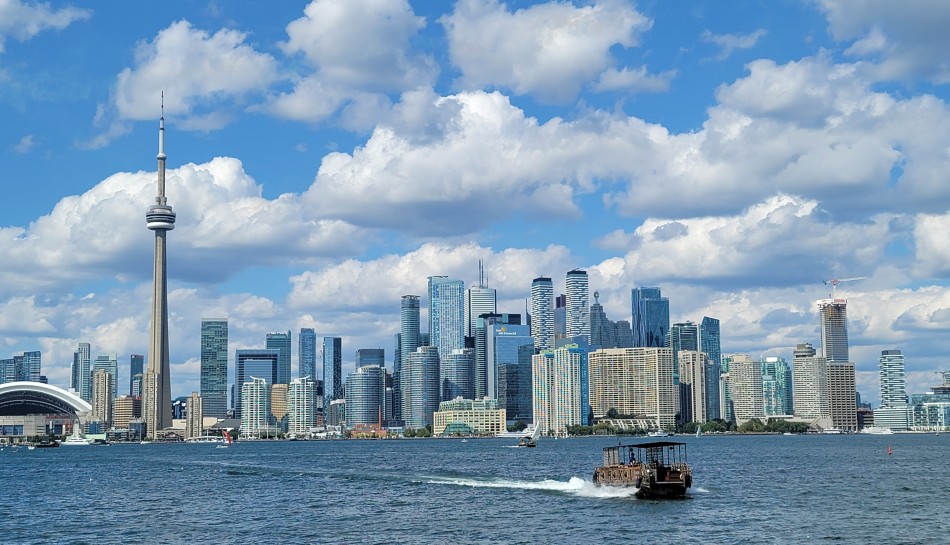Canadians in six provinces across the country will now see a boost to hourly minimum wage rates.
This move follows a timeline that was reported on back in April this year. The list below outlines exactly how much hourly minimum wages in each of the six impacted provinces have risen as of this past Sunday (October 1, 2023).
Ontario: Up from $15.50 to $16.55
Manitoba: Up from $14.15 to $15.30
Saskatchewan*: Up from $13.00 to $14.00
Nova Scotia: Up from $14.50 to $15.00
Newfoundland and Labrador: Up from $14.50 to $15.00
Prince Edward Island: Up from $14.50 to $15.00
*Saskatchewan has already announced that they will be raising their minimum wage again in October 2024, from $14.00 to $15.00 per hour
Understanding the Canadian labour market as a newcomer to this country
The October 1 minimum wage increases are a welcome sign for Canada’s newcomers, as this group of Canadians has historically been overrepresented in low-wage occupations.
Accordingly, Canadian newcomers are notably more vulnerable to workplace exploitation by employers, misconduct from co-workers and more. To that end, newcomers to Canada must remain aware that their status in Canada does not impact their rights and protections as an employee in this country.
Canada’s Labour Code outlines that all employed persons in this country have the right to perform their jobs safely and be compensated for their efforts. Additionally, employers have certain obligations to their employees under the Labour Code.
These obligations include:
Providing employees with job training
Offering “reasonable” healthcare services
Giving them access to information that outlines their rights as an employee
Providing the employed person with a signed copy of their employment agreement
Canadian employers are also obligated to follow a certain code of conduct with respect to their employees. This code of conduct outlines that employers in this country cannot:
- Force workers to perform unsafe work or tasks which are not explicitly outlined in the person’s employment agreement (this includes overtime work for those who do not have such work contained in their signed agreement)
- Mandate that an employee work if they are sick/injured
- Take away an employee’s passport/work permit, change/threaten to change their immigration status or threaten them with deportation
More about employment rights and reporting misconduct in Canada
As alluded to above, there are standards in place across Canada that protect all workers, including foreign nationals who come to Canada. In fact, the rights of foreign workers in Canada are protected under both federal and provincial/territorial labour laws.
The Canadian Human Rights Act also exists to ensure that Canadian employees, including foreign nationals, are not victimized by discrimination on any grounds. This may include gender, race or age, among others.
For victims of misconduct, it is important to know that Canada protects employees from consequences for reporting workplace misconduct. Inappropriate/improper behaviour from an employer can be reported at the appropriate workplace health and safety office in the affected person(s) province and territory. A complete list of these offices is available here.





















